6 Swedish solutions for Smart Cities
One of the key challenges in Smart City Projects in India is the planning and execution of waste management programmes. To solve this, India can take a cue from the Swedish recycling revolution.1 50% of household waste in Sweden is turned into energy. On average, 473 kilos of waste per person in Sweden was managed in 2017.2 Sweden gathers 993 tonnes of food waste every month and converts it into 115.000m3 of gas, which buses and taxis use as fuel. Swedish ‘Behaviour labs’ such as Beteendelabbet can help find innovative solutions for sustainable living in Indian Smart Cities.
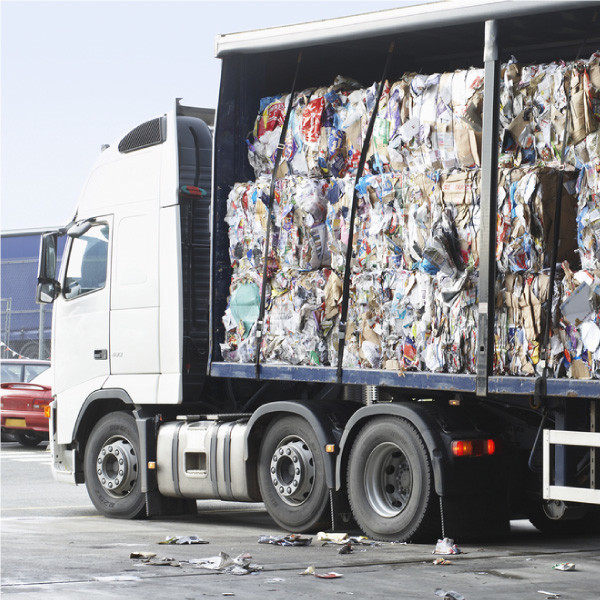
Sweden ranked second in the list of countries with lowest air pollution and first in the list of least deaths per 100k people due to air pollution.3
India can look into adopting some of Sweden’s environmental regulations and technology, such as the solid waste management system, reductions in the use of fossil fuels for generating electricity and powering cars, to better manage the problem of air pollution in the country.
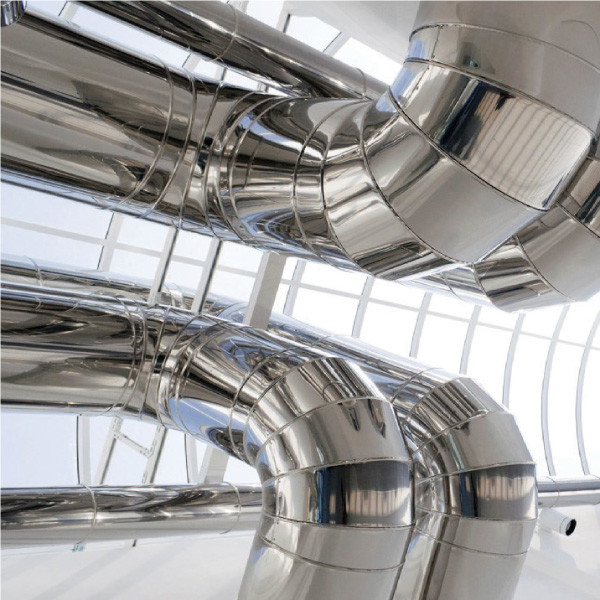
Sweden is a leader in making mobility more efficient, safer and friendlier. The country achieves this by making use of real time information systems, smart parking, electric vehicle charging stations, air filtration and waste management solutions, among others. India has already taken steps toward implementing mobility solutions. Two Swedish automobile companies, Scania and Volvo, drive hybrid and green buses in India with low-floor to promote public transport.
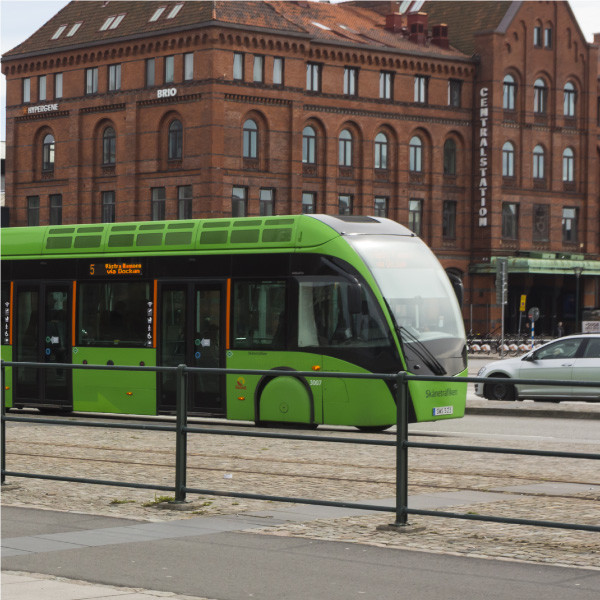
Commuter safety and security have always been of utmost importance in Sweden. Sweden became the first country in the world to have remotely operated air traffic management in 2015. Stockholm Arlanda airport has adopted a ‘green flights’ concept, which contributes to less noise, reduction in fuel consumption and atmospheric emissions.4 Stockholm, Sweden’s capital, is also the second city in the world to have imposed congestion charges by making use of cameras and roadside technology.
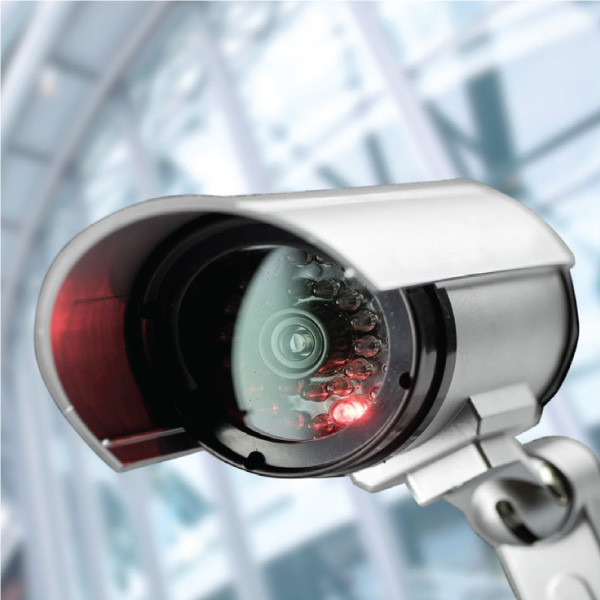
Smart cities are built on a network. As the second most capital-intensive tech hub in the world5, Sweden can provide the support Indian Smart Cities require to develop connectivity and communication networks essential for a smart city. This network ranges from Wi-Fi hotspots inbuilt in the city’s infrastructure, wireless vehicle connectivity and cloud computed control to command centres for public safety and e-governance.
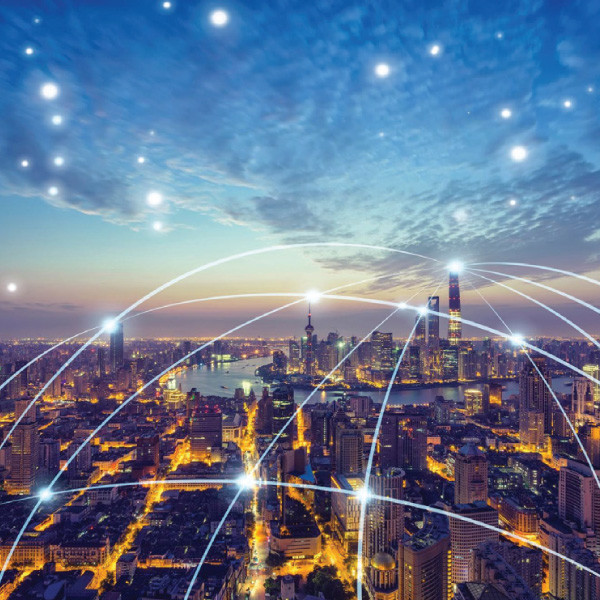
Energy management is one of the most demanding issues with smart cities due to the complex nature of energy systems.6 While the growth in energy generation from conventional sources was 3.88%7 for FY2018, India needs to look into unconventional sources of energy to manage the energy requirements of smart cities. 52% of Swedish energy production comes from renewable sources. 22% of Sweden’s total power supply comes from bioenergy, which is mostly used for industrial processes and district heating. India can draw on the systems and technologies in place to convert waste and other renewable sources of energy that can be used to satiate the energy requirements of smart cities.8
